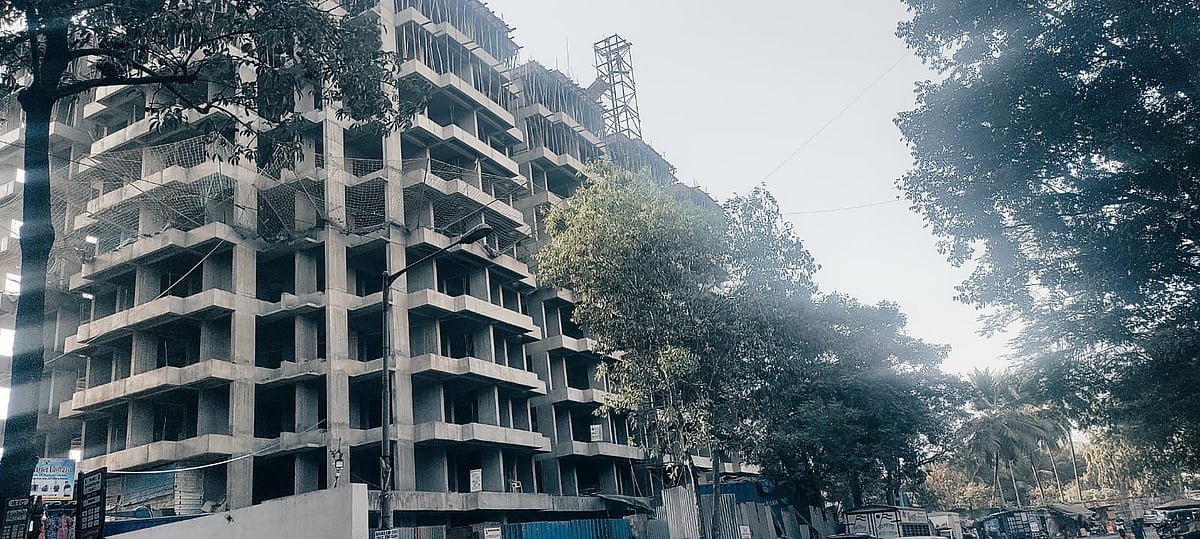In a new twist to the multi-crore Basic Services to Urban Poor (BSUP) housing project scam, the city engineer of the Mira Bhayandar Municipal Corporation (MBMC) has raised suspicion that his signatures had been forged to facilitate allotments to fake beneficiaries. City engineer Deepak Khambit has filed a complaint with the police seeking FIR to be registered against the racketeers for forging his signatures.
So far, the police have arrested six people including a local politician and the owner of a local fair price shop for their involvement in the racket in which gullible home seekers were duped to the tune of more than ₹50 lakh under the guise of offering them cheap flats. It has now emerged that the gang is also involved in fabricating government documents and forging signatures of officials to facilitate allotments to fake beneficiaries in the housing scheme.
More persons are under police's radar
More people including influential politicians, former corporator and an advocate are on the police radar for playing an active role in aiding and sheltering the racketeers to usurp multiple flats meant for the poor. The investigating team had found several incriminating documents from the possession of the accused including ration cards and electricity bills having the address of the tenement in the slum, original survey registry and most importantly a list comprising more than 450 names tagged as allottees or potential beneficiaries.
“While cross verification of documents is under process to check the authenticity of beneficiaries named in the suspected list, the role of suspects is being thoroughly investigated. We will get to the bottom of the scam,” said a senior police officer.
Project missed multiple deadlines
The MBMC had identified two slum clusters -- Janta Nagar and Kranti Nagar – to construct 4,136 housing units with a carpet area of 279 sq.ft. per unit in 2009. However, due to inordinate delays the central government reduced the number of units from 4,136 to 2,160. Ironically, only 473 slum dwellers have been rehabilitated even as thousands of other eligible beneficiaries continue to live in transit accommodations as the project has scripted history of sorts by missing multiple deadlines.












